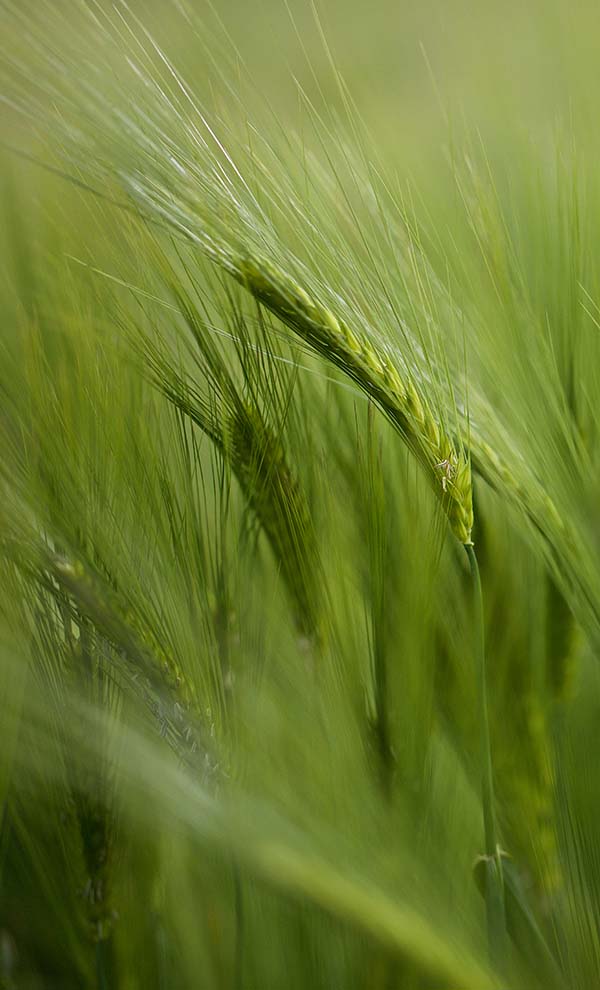We have specialist family solicitors in our agricultural team who can help you in the event of a relationship breakdown.
Past cases (known as case law) are primarily of use as a broad principle when dealing with farming divorces. In the most famous agriculture case of recent years, White and White, the judge, Lady Justice Elizabeth Butler-Sloss, stated that:
“There is a danger that practitioners in the field of family law attempt to apply too rigidly the decision of this court and the Family Division without sufficiently recognising that each case involving a family has to be decided upon broad principles adapted to the facts of the individual case.”
In other words, when it comes to a divorce involving a farm, each case is individual and the courts recognise this. Our team of experts will guide you through the process of divorce and make sure that the outcome is one that is not only fair to you and your spouse but one that looks after your farm or agricultural business.
What makes a farming divorce different from a normal divorce?
The farm is usually both a home and a business. Ownership is often complex as farm may be owned by a company, other family members, a partnership, a trust or a combination of all different entities.
As a generalisation an order for the sale of a farm is difficult but not impossible to attain. There is often a lack of cash so raising money to settle the other party’s claims can be difficult.
The existence of tenancies under the Agricultural Holdings Act 1986 and the Agricultural Tenancies Act 1995 will in general reduce the value of the land.
Farms are often inherited prior to a marriage which can be very relevant to the case.
How can our agriculture divorce solicitors help?
Our team of specialists can assist you on a wide variety of family law matters including:
- Divorce/civil partnerships
- Dividing assets in divorce
- Separation agreements
- Financial claims
- Child arrangement orders
We have specialist family solicitors in our agricultural team who can help you in the event of a relationship breakdown.
Past cases (known as case law) are primarily of use as a broad principle when dealing with farming divorces. In the most famous agriculture case of recent years, White and White, the judge, Lady Justice Elizabeth Butler-Sloss, stated that:
“There is a danger that practitioners in the field of family law attempt to apply too rigidly the decision of this court and the Family Division without sufficiently recognising that each case involving a family has to be decided upon broad principles adapted to the facts of the individual case.”
In other words, when it comes to a divorce involving a farm, each case is individual and the courts recognise this. Our team of experts will guide you through the process of divorce and make sure that the outcome is one that is not only fair to you and your spouse but one that looks after your farm or agricultural business.
Our team offers an initial 30-minute free consultation service – contact us to find out more.
What makes a farming divorce different from a normal divorce?
The farm is usually both a home and a business. Ownership is often complex as farm may be owned by a company, other family members, a partnership, a trust or a combination of all different entities.
As a generalisation an order for the sale of a farm is difficult but not impossible to attain. There is often a lack of cash so raising money to settle the other party’s claims can be difficult.
The existence of tenancies under the Agricultural Holdings Act 1986 and the Agricultural Tenancies Act 1995 will in general reduce the value of the land.
Farms are often inherited prior to a marriage which can be very relevant to the case.
How can our agriculture divorce solicitors help?
Our team of specialists can assist you on a wide variety of family law matters including:
- Divorce/civil partnerships
- Dividing assets in divorce
- Separation agreements
- Financial claims
- Child arrangement orders







